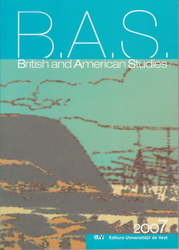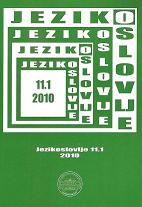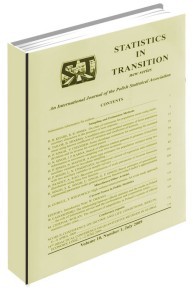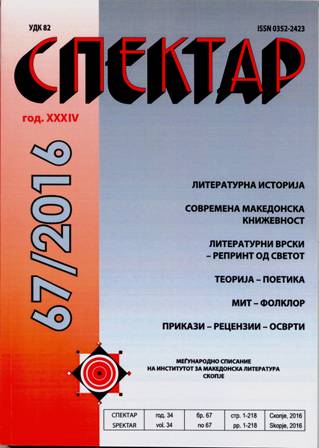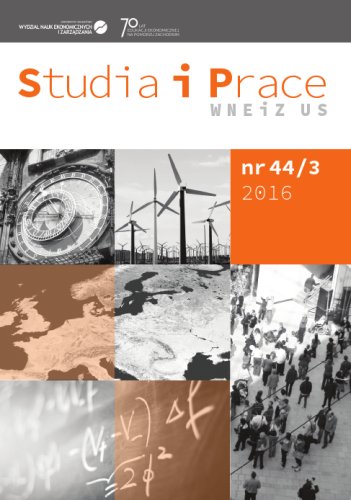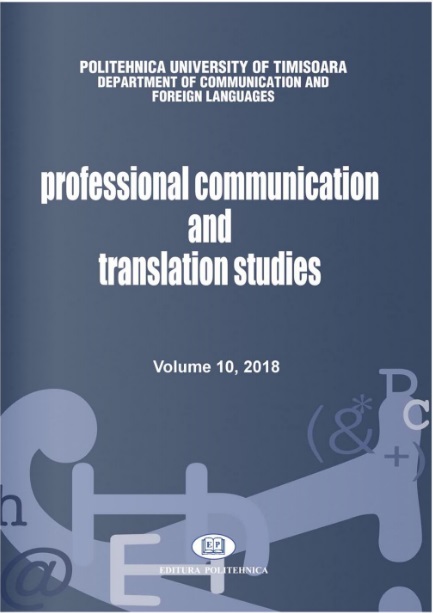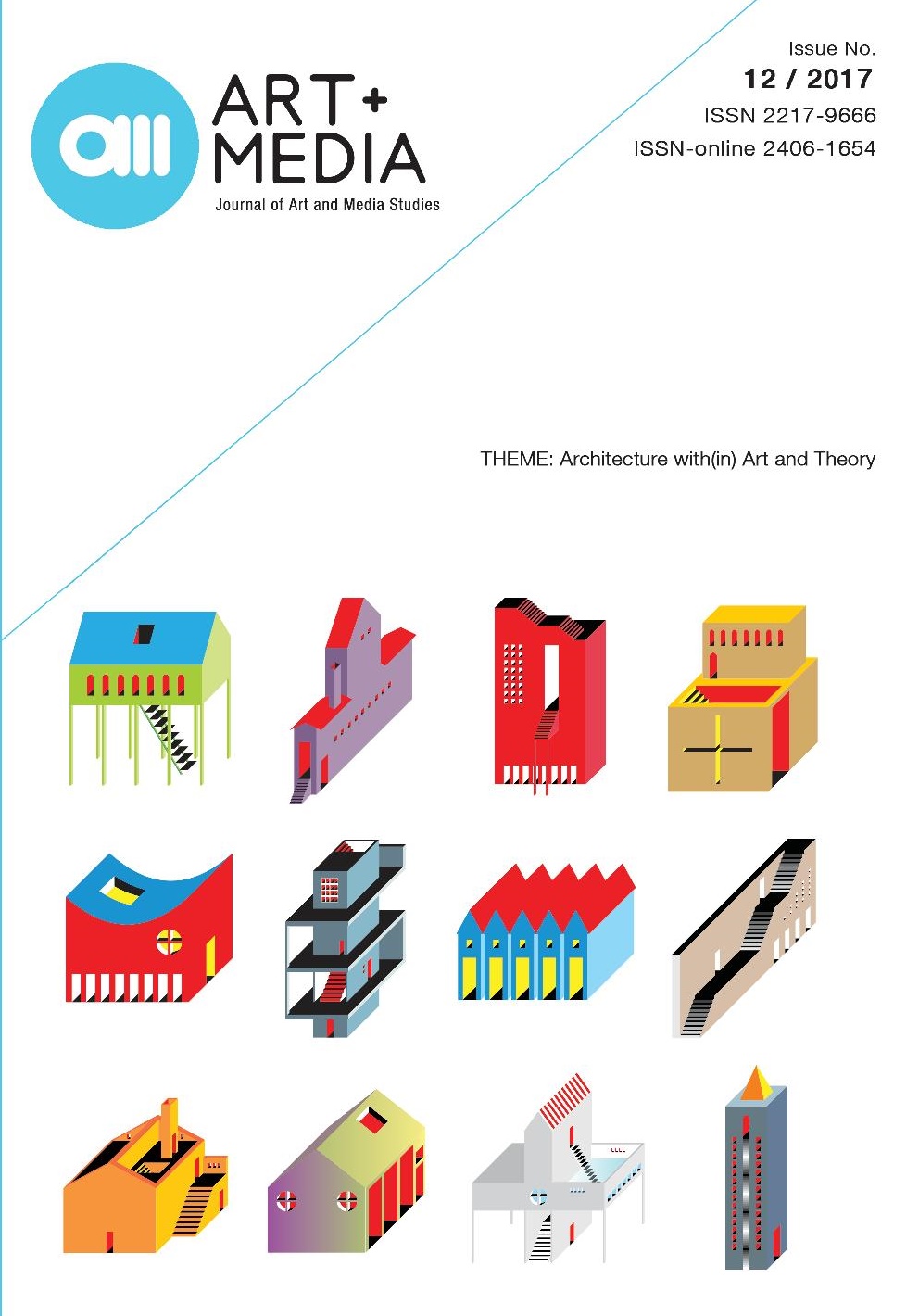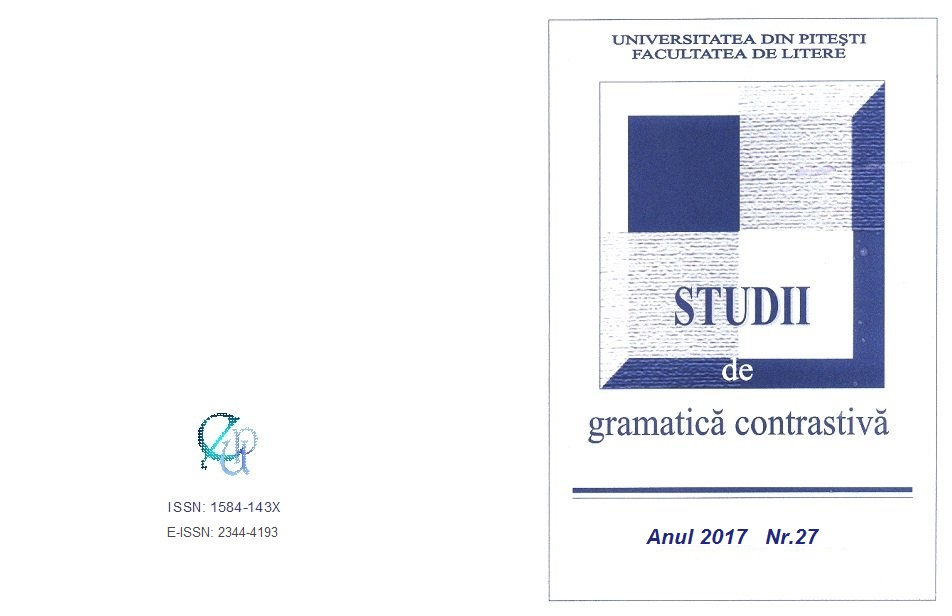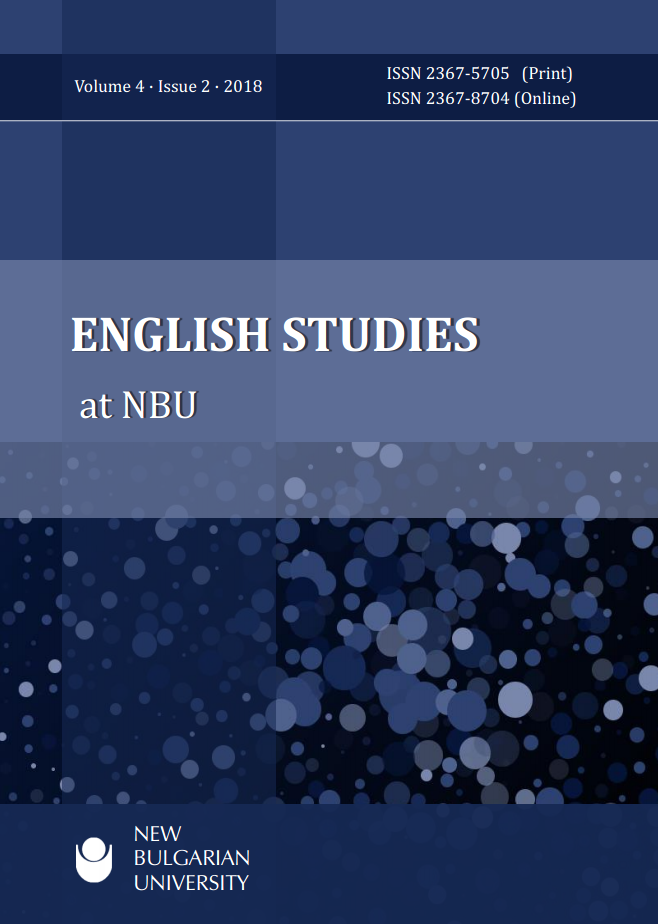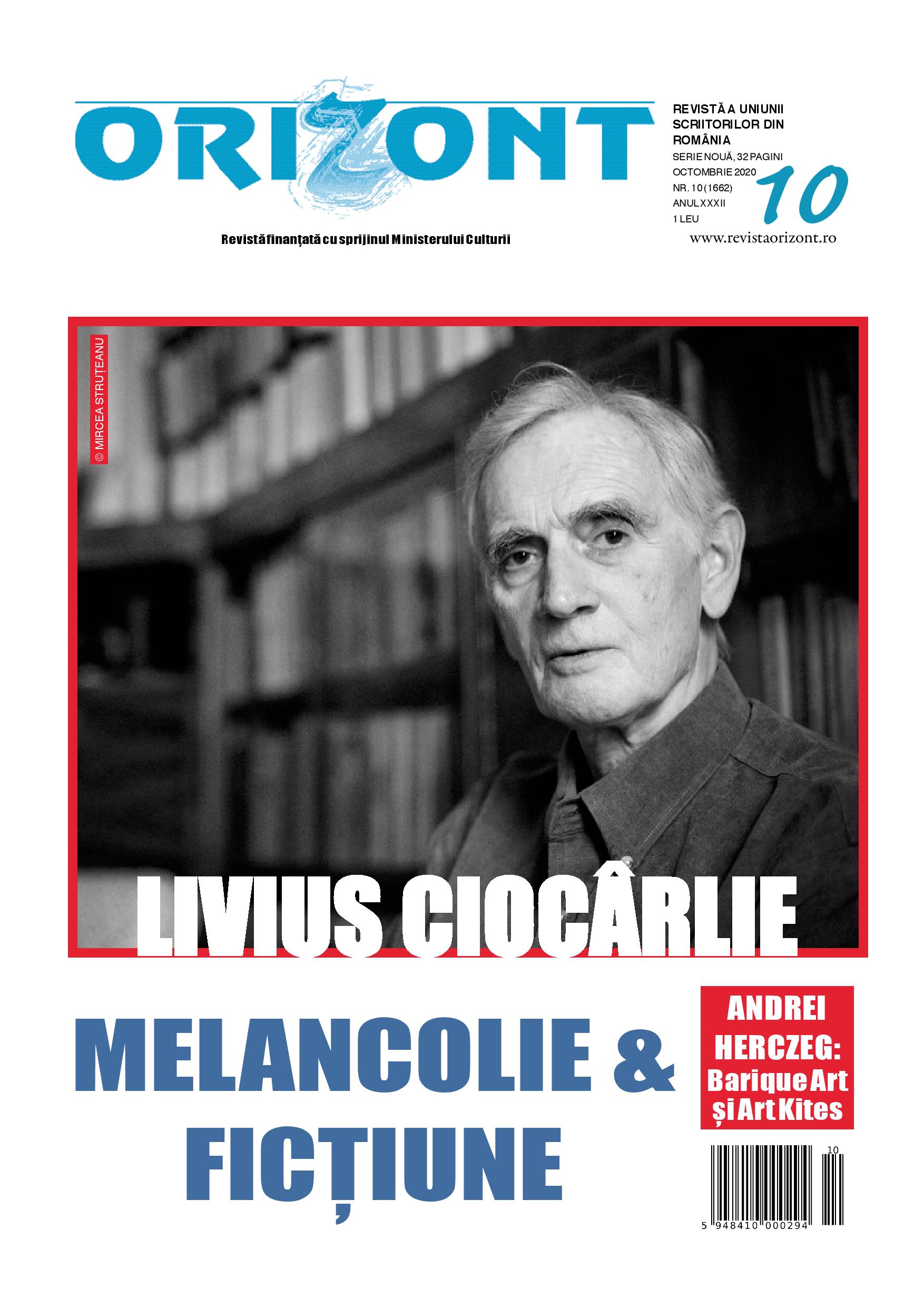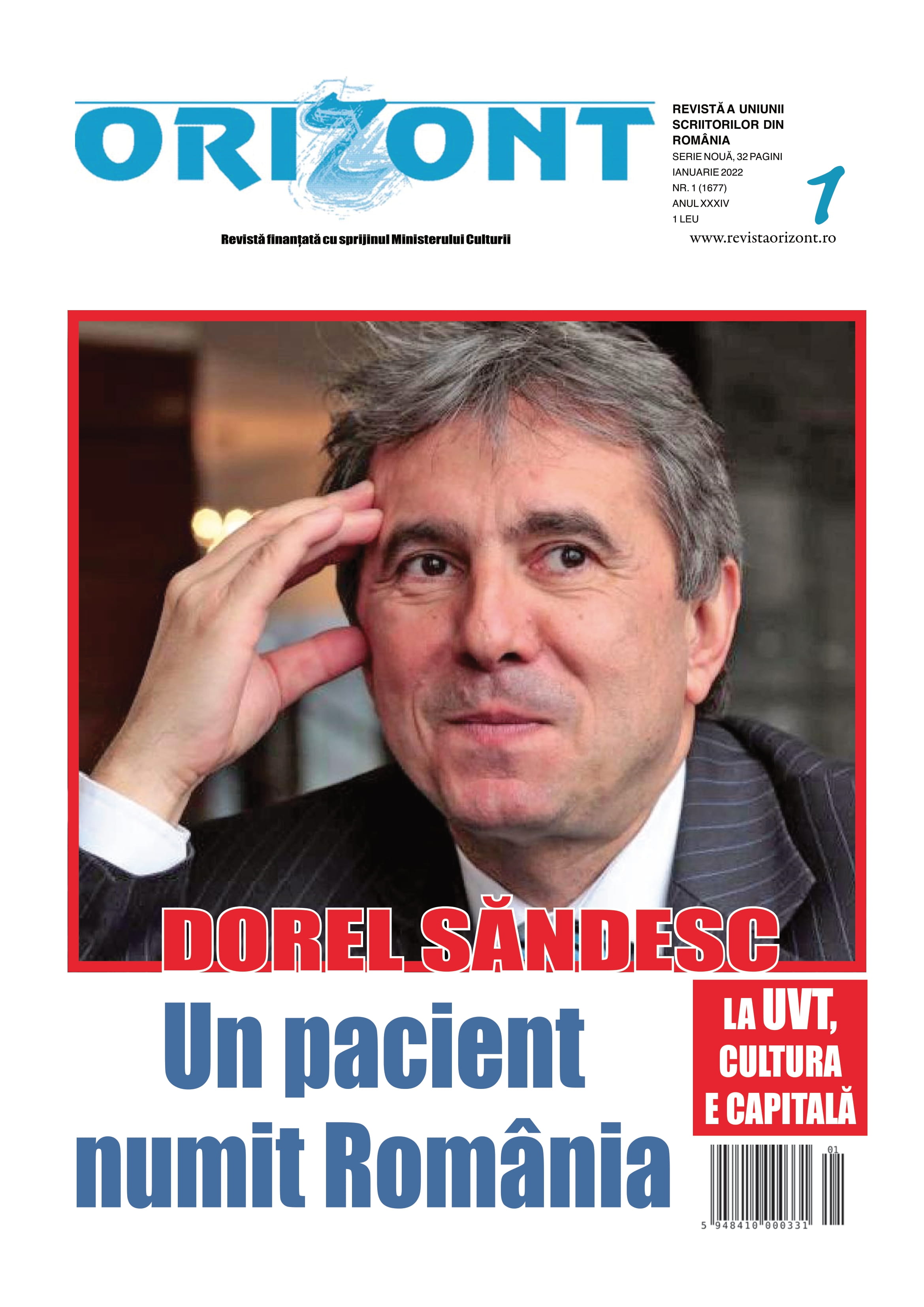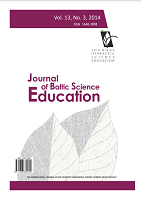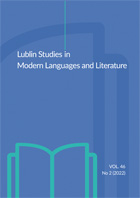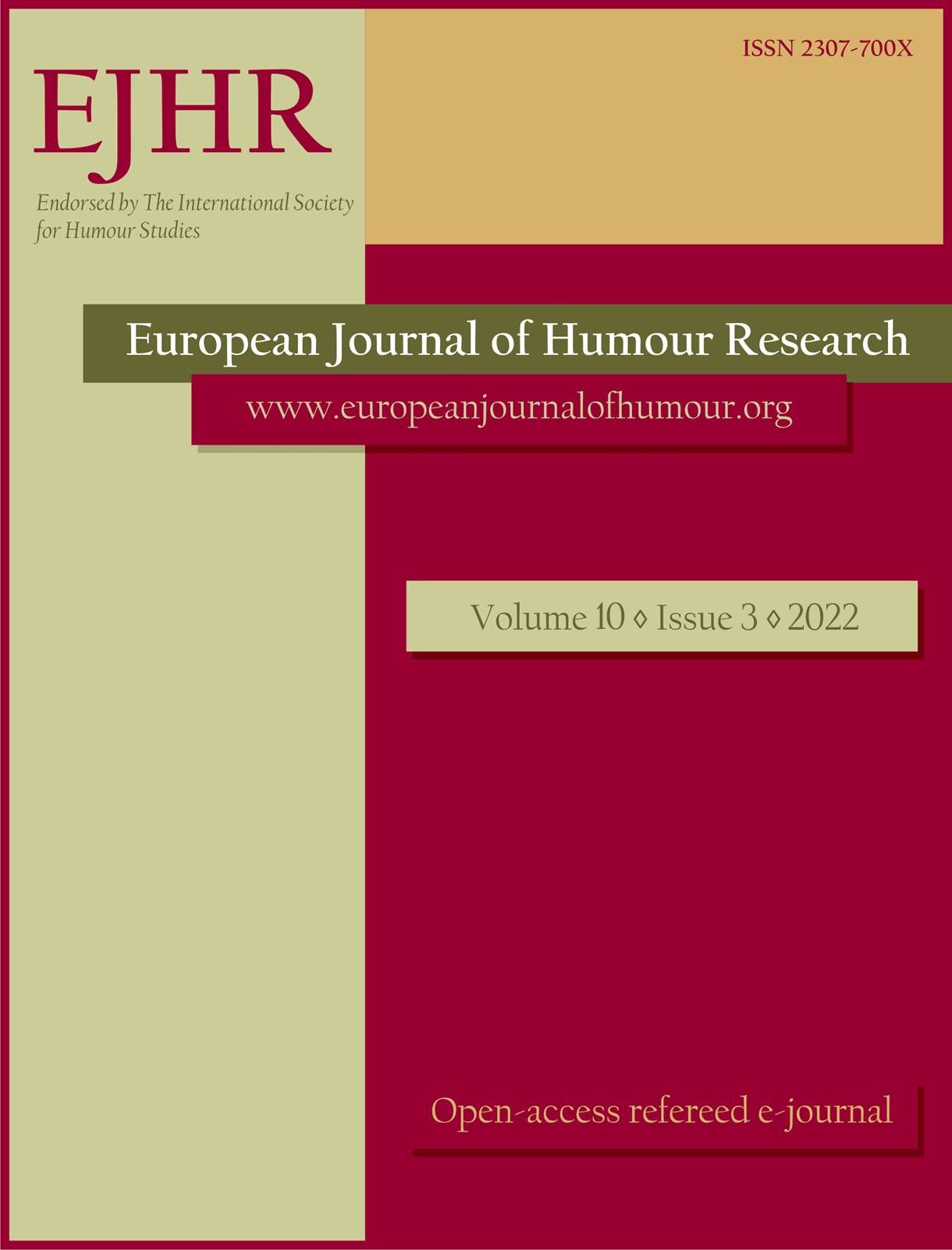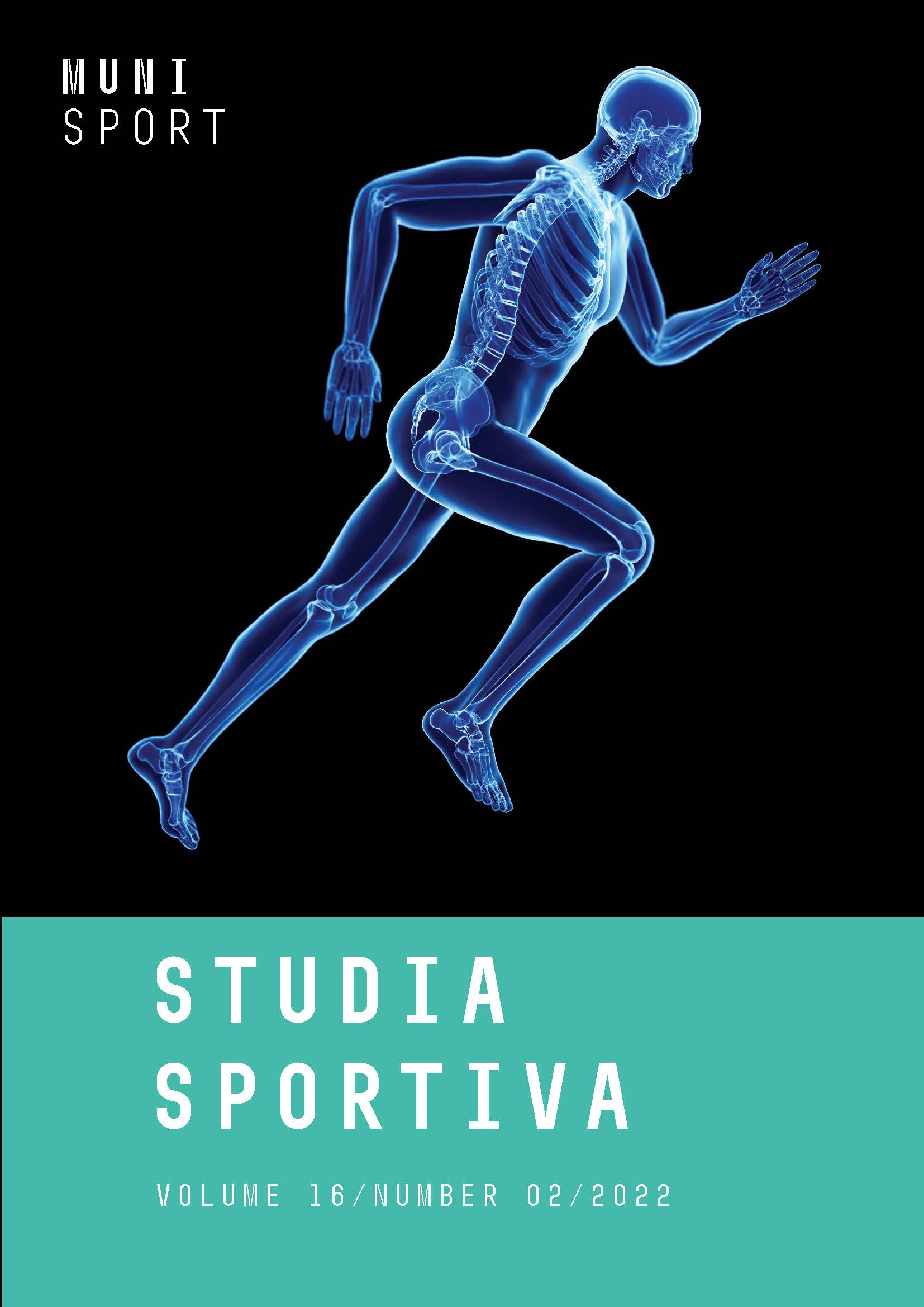ТРАНСЛАТОЛОШКИТЕ АСПЕКТИ ВО ПРЕВЕДУВАЊЕТО КНИЖЕВНОСТ ЗА ДЕЦА И МЛАДИ
Author(s): Zorica Nikolovska / Language(s): English,Macedonian
/ Issue: 67/2016
Keywords: translation of children’s and young adult literature; theories of children’s and young adult literature; foreignization; adaptation of the source text; translation theories; “the voice
By way of integrating theories in translatology, this paper analyzes the specificities involved in translating children’s and young adult literature, particularly focusing on the role of the translator. The study investigates the features of children’s and young adult literature, the diverse translation strategies used, by examining the fundamental concept of “the voice of the narrator of the translation.” To this effect, the author advocates that the translator’s “voice” should be made more visible, namely, the translator striving to achieve an equilibrium by constantly oscillating between two opposing models: foreignization and domestication. The author gives evidence in support of the thesis, that the translations of literary works intended for children presuppose the use of special translational strategies, primarily geared towards adapting to a greater extent the source text. Research has shown that there are three types of possible adaptations: cultural adaptation, adaptation at the level of words and actions, and adaptation at the level of norms and values. It seems that although the translator of children’s and young adult literature is less constrained during the process of adaptation of the source text; this kind of “freedom of choice” renders the role of the translator even more valuable, since they have to consider the psychological, pedagogical, cultural, and social factors which invariably determine the specificities of the young adult readership of the work they are translating.
More...
